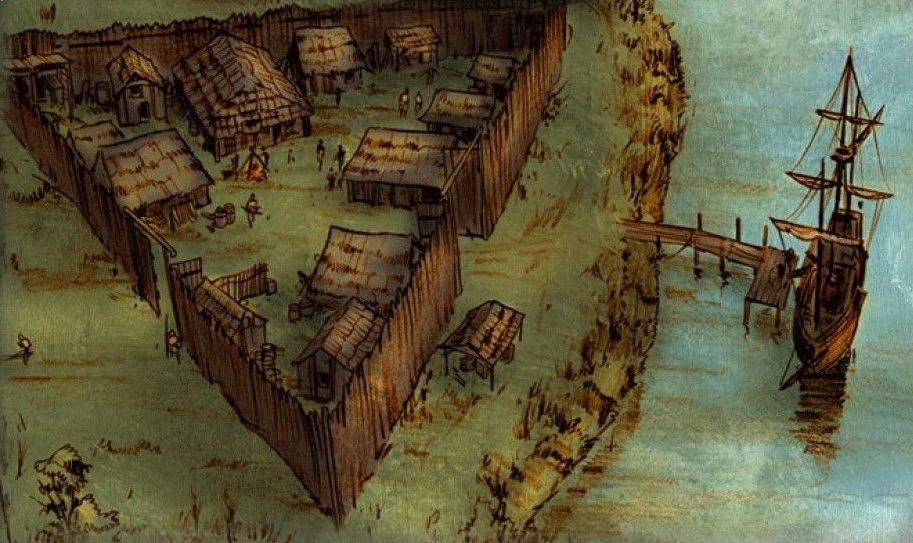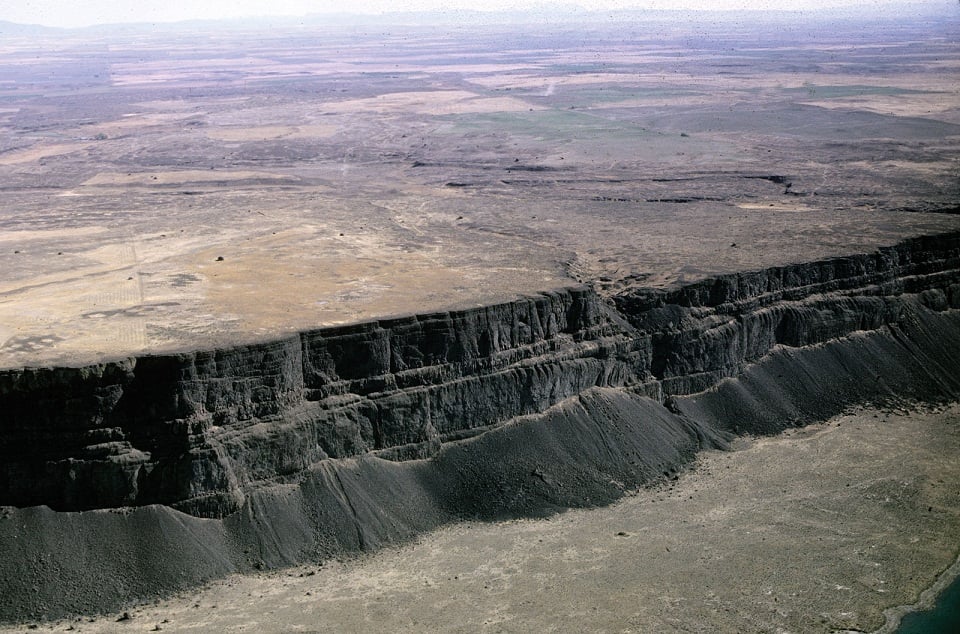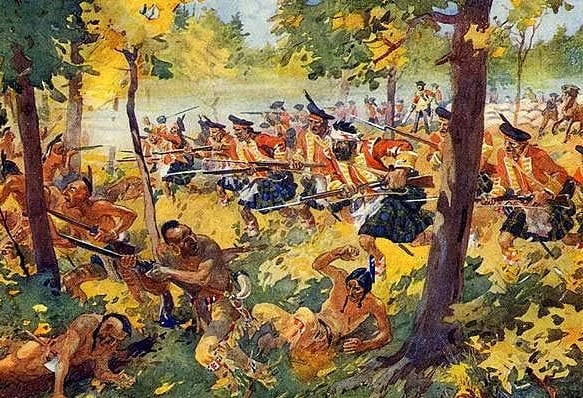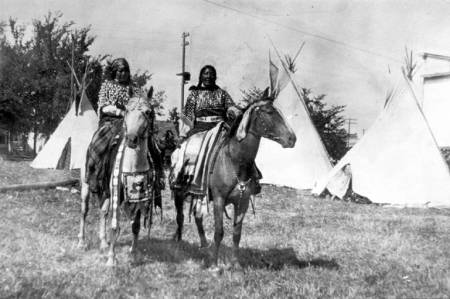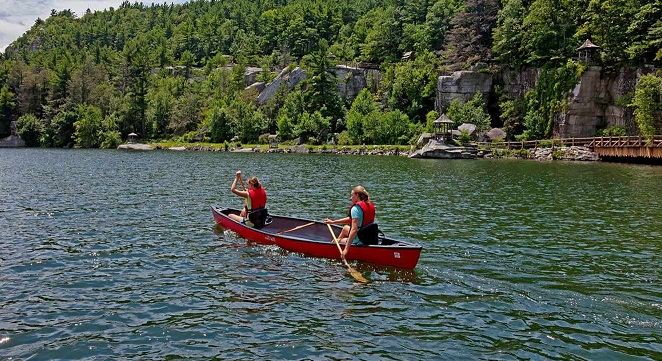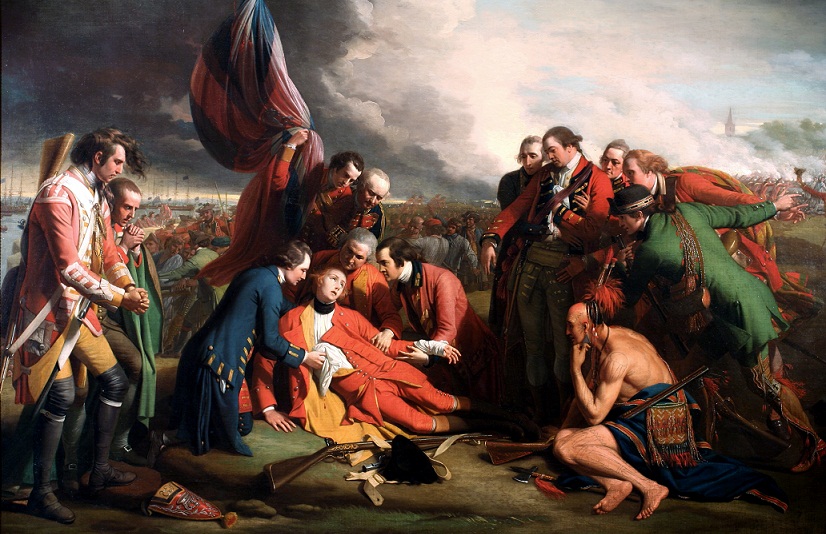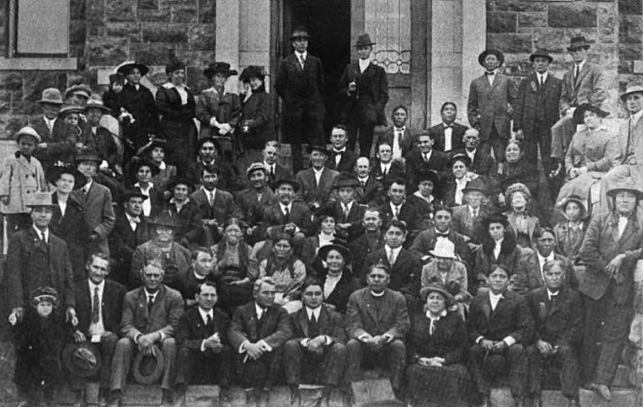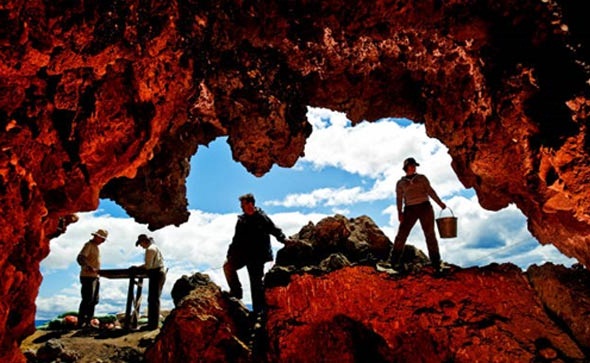California’s War On Indians, 1850 to 1851
In 1850 California was admitted to the United States as its 31st state. As with some other states, Native Americans were not seen as desirable inhabitants of the state. For the first decade of its existence, the State of California carried on a series of privatized wars of extermination against the Native American population. California’s … Continued

